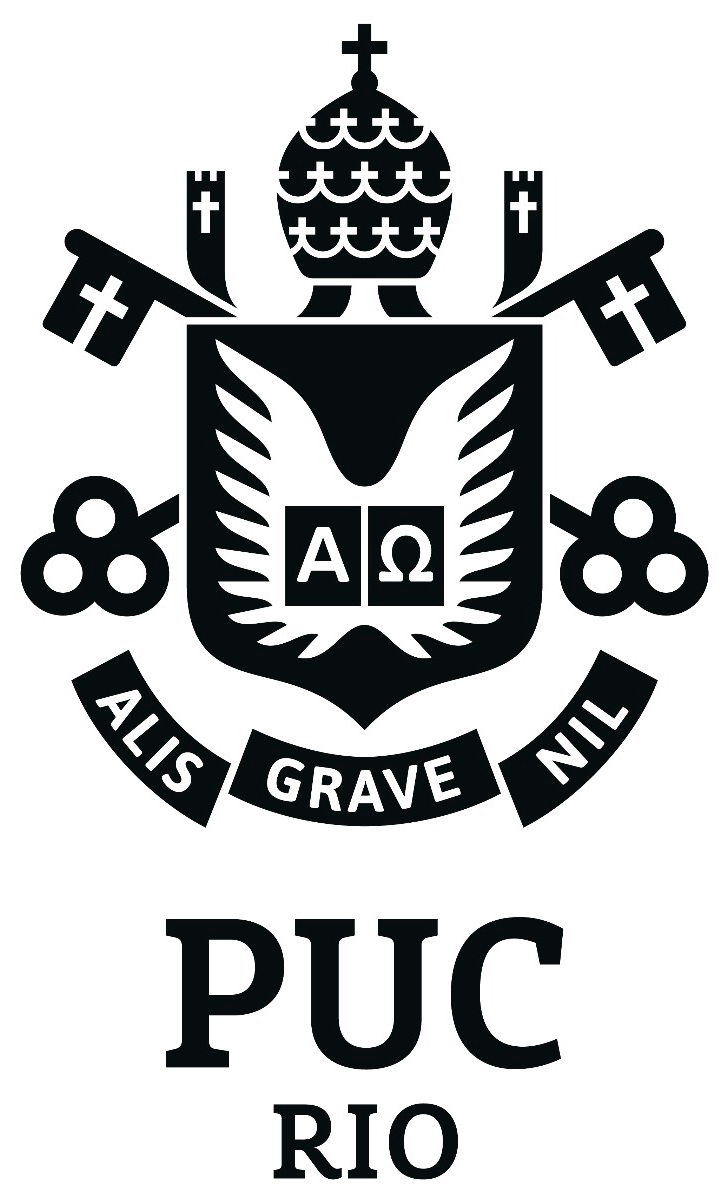Economic shocks and crime: evidence from the Brazilian Trade liberalization
American Economic Journal: Applied Economics, v. 10, n. 4, p. 158–195, 2018
Gabriel Ulyssea, Rafael Dix-Carneiro, Rodrigo Reis Soares.
Acesse o artigoThis paper studies the effect of changes in economic conditions on crime. We exploit the 1990s trade liberalization in Brazil as a natural experiment generating exogenous shocks to local economies. We document that regions exposed to larger tariff reductions experienced a temporary increase in crime following liberalization. Next, we investigate through what channels the trade-induced economic shocks may have affected crime. We show that the shocks had significant effects on potential determinants of crime, such as labor market conditions, public goods provision, and income inequality. We propose a novel framework exploiting the distinct dynamic responses of these variables to obtain bounds on the effect of labor market conditions on crime. Our results indicate that this channel accounts for 75 to 93 percent of the effect of the trade-induced shocks on crime
Veja também
Public Ownership and Anti-Preemption (a sair)
The RAND Journal of Economics, 2025
Juliano Assunção, Sergey Mityakov , Robert Townsend .
Estimating the Welfare Cost of Labor Supply Frictions (a sair)
Journal of Public Economics, 2025
Katy Bergstrom, William Dodds, Nicholas Lacoste, Juan Rios.
The Value of Health Insurance: A Household Job Search Approach ( a sair)
Journal of Labor Economics, 2025
Renata Narita, Rita Ginja, Gabriela Conti.

